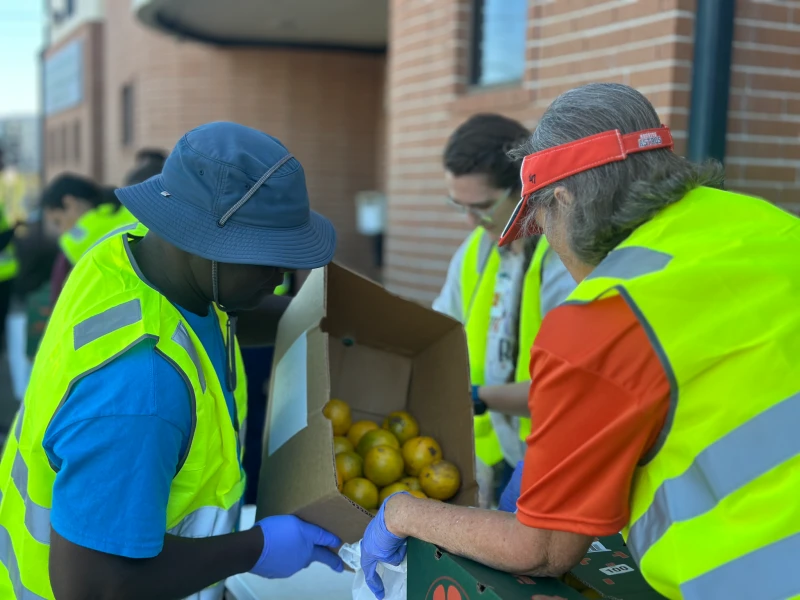

Gabriel Dionisi, a 22-year-old college student who makes pro-life bumper stickers with the goal of spreading the pro-life message and spread awareness to others, displays one of his works. / Credit: Gabriel Dionisi
CNA Staff, Nov 10, 2025 / 06:00 am (CNA).
Born and raised Catholic, 22-year-old Gabriel Dionisi always knew that life begins at conception and that it’s wrong to kill an unborn child in the womb. But it wasn’t until he was a teenager that he became more interested in his faith and started to read more Catholic news, which led to him learning more about the abortion issue. Feeling called to do more for the unborn, he created a pro-life ministry using bumper stickers to help spread awareness.
“I’d heard the word abortion before, I knew it was a sin, but I didn’t realize how widespread it was,” Dionisi told CNA in an interview.
One day at Mass, he read a pamphlet explaining the different abortion procedures and was left “disturbed” after reading about how many unborn babies are dismembered in certain kinds of abortion procedures.
He said he was also surprised to hear how many women are pressured into abortion.
“I remember being struck by reading about how many women didn’t want to have abortions — felt pressured or coerced or it wasn’t their first choice — and that was also surprising to me because it made me think, ‘OK, we could actually do something about this,’” he said.

In 2018 Dionisi decided to create bumper stickers encouraging individuals to “choose life.” For women who might be in crisis pregnancies, the stickers include the URL to Option Line, a website run by Heartbeat International that offers a map of pregnancy resource centers around the country. The site also offers a 24/7 helpline with counselors who speak both English and Spanish.
Dionisi explained that he chose to create bumper stickers because they’re inexpensive to print and “there’s such a good return on investment because if you put a bumper sticker on your car and let’s say 20 people see it every day as you drive, you multiply that by 365, that’s over 7,000 a year.”
Since launching his pro-life ministry, Dionisi has shared over 10,000 bumper stickers with people in 45 out of the 50 states.
Speaking to the importance of defending the unborn, Dionisi said: “It’s foundational. If we want to see our country succeed and thrive, we need to respect that value of equal human dignity.”
He added: “The magnitude of the problem is that so many babies are being lost and not just that, but so many women who are being hurt, men who are being hurt, and it affects our whole society when people are just carrying that wound around with them.”
Dionisi said he hopes his bumper stickers are helping to spread awareness of the many resources available for pregnant women in need.
“I think it’s important to spread this awareness to everybody because you never know when someone in your own life might be going through a situation where they need help,” he said.
“The amazing thing about the pro-life movement is that there are so many opportunities for us, just as regular people, to literally save the lives of others. This is especially important as Catholics, because we know that every human being is made in the image of God and has an enormous potential to bring more love into the world.”
Dionisi’s free pro-life bumper stickers can be found here.
Read More



